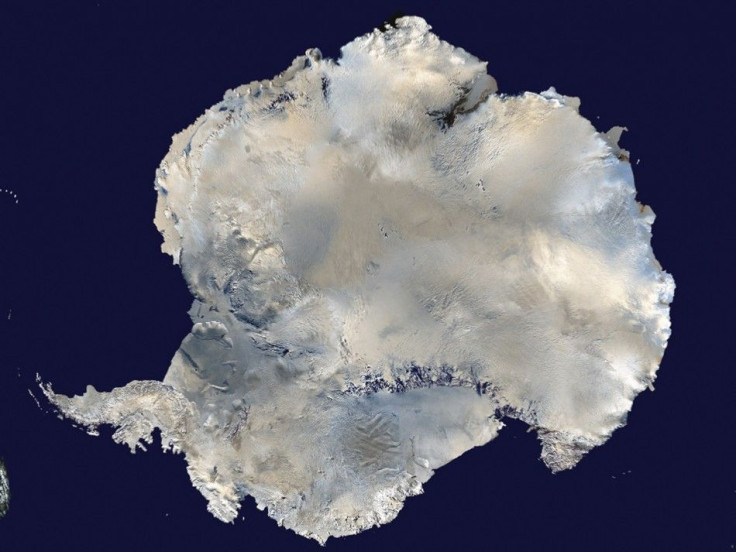Rise In Sea Level Is Now At An Accelerated Rate

According to a new study, the water level in the world's oceans is rising at an unprecedented rate. Based on the research, the sea level was inaccurately measured until around the year 1990 when it was actually less than what scientists reported it was. However, based on recent data, it has been determined that the rate of the rise of water levels has multiplied exponentially since then.
In fact, scientists now have reason to believe that this acceleration was already occurring during the turn of the century but remained unnoticed. Recalculations applied to previous data reveal that the sea levels were rising at a minimal rate of less than half an inch per decade between 1900 and 1990. However, since then, the water level has been rising 1.2 inches every ten years.
Based on the study that was published in the journal Nature, the current rise in sea level is about 2.5 times faster than it was merely 15 years ago. Researchers have confirmed that this phenomenon is due to global warming, which has induced the melting of glaciers, as well as the ice caps located in West Antarctica and in Greenland. The study's co-author, Harvard geophysics professor Jerry Mitrovica, also explained that the deviation in reporting may have been due to the incomplete coverage of the global effect of the phenomenon because most tide gauges in the world are positioned across North America and Europe.
These regions, according to him, are too far from the Polar Regions where the melting of the ice sheets are occurring. More tide gauges must ideally be located near these regions as well as in the middle of the oceans to get a more accurate reading of water levels around the world. For their study, the researchers are using an advanced method of statistical analysis that makes use of computer models to simulate the areas that are not currently being covered by the tide gauges so that they have a more complete picture of the occurrence.
According to geophysical researcher and lead author Carling Hay from Harvard University, "We're seeing a significant acceleration in the past few decades, (and) it's concerning for cities along the U.S. East Coast. " Hay said that this was due to the fact that waters in this region are rising faster than the average rate anywhere else in the world. This, according to Hay, is something that must not be ignored.
University of Arizona's co-director fort the Institute of the Environment, Prof. Jonathan Overpeck, commented on the issue saying that, "The implications are troubling-accelerated ocean warming, ice sheet collapse and sea level rise-all point to more and more sea level rise in the future, perhaps at a faster rate than previously thought."
To contact the writer, email: my.shine37@gmail.com





















